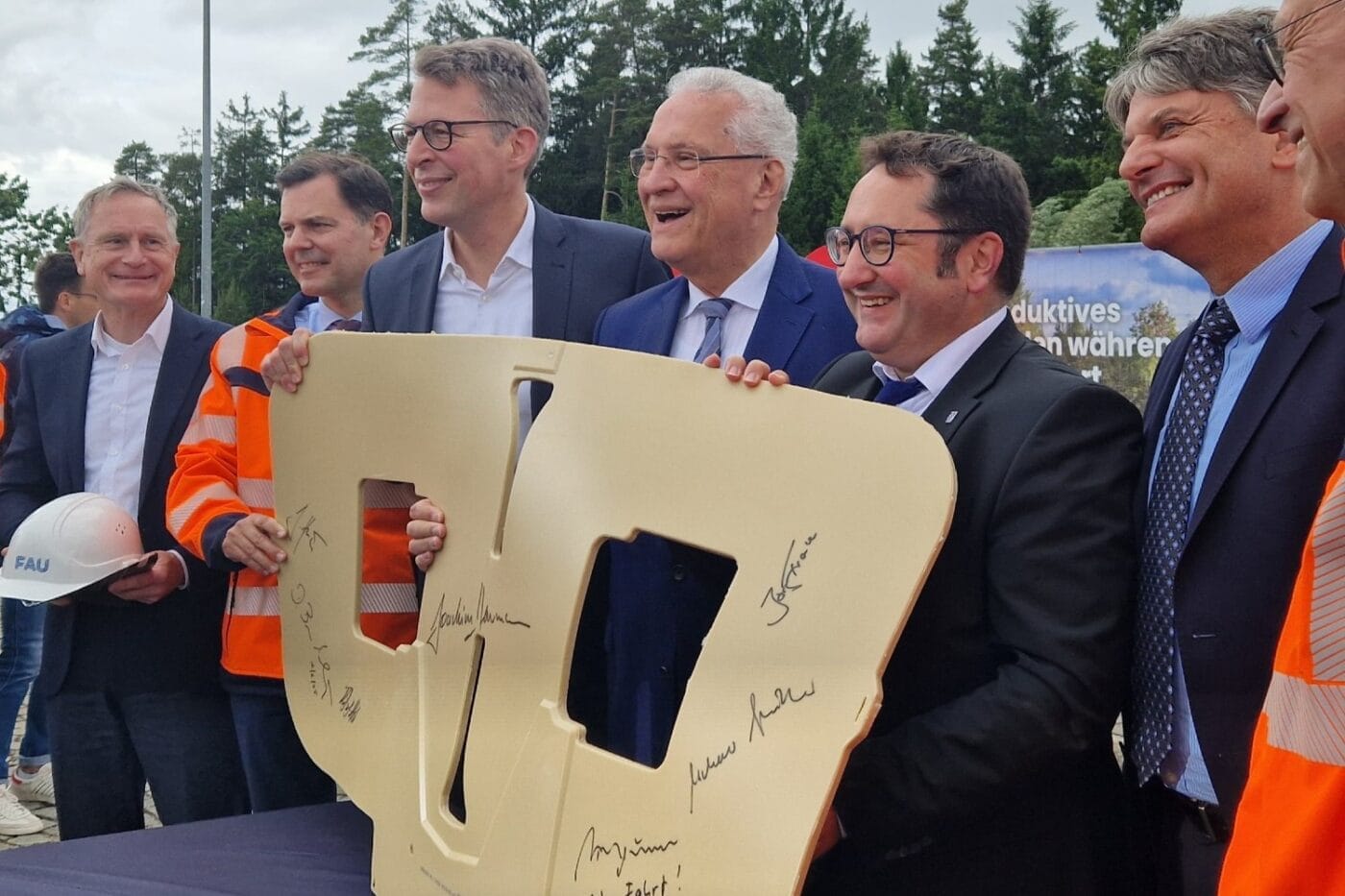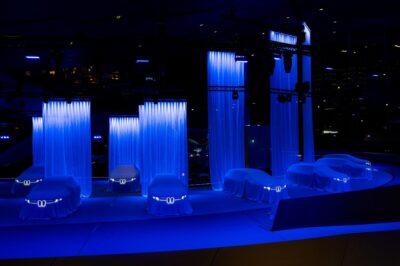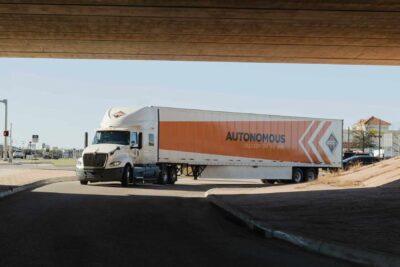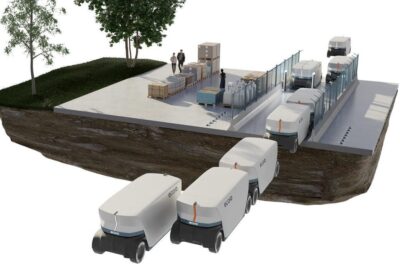German project tests inductive charging on the Autobahn
According to Friedrich-Alexander-Universität Erlangen-Nürnberg (FAU), inductive charging of electric vehicles via embedded coils in the asphalt will soon be tested on the A6 motorway heading towards Nuremberg—just minutes from the Oberpfälzer Alb Nord service area. The E|MPOWER project is led by the Chair of Manufacturing Automation and Production Systems (FAPS) at FAU, with involvement from the Federal Autobahn GmbH, VIA IMC, Electreon, Risomat, and Nuremberg Tech. The now-launched field trial aims to assess the technical and economic integration of this solution for electrifying heavy goods transport. The German Bayerischer Rundfunk recently reported on the initiative.
The project’s initiators gave the official starting signal for the trial route in the presence of representatives from the Bavarian state government. Bavaria’s Minister of Science, Markus Blume, commented: “We are quite literally paving the way for e-mobility. Until now, the road was the goal – from today, the road delivers the power – and that power comes from Bavaria! Inductive charging could be a genuine game-changer for electric mobility. With an efficiency rate of over 90 per cent, we are unlocking previously unthinkable possibilities. Range anxiety will become a thing of the past.”
FAU President Prof Dr Joachim Hornegger added: “We are delighted to be part of this visionary project. Our thanks go to all partners for the excellent collaboration. Dynamic inductive charging of electric vehicles changes the way we think about mobility – for commuters, for travel, and in everyday life […].”
The first charging trials using specially equipped vehicles are scheduled for the second half of the year. According to Prof Florian Risch, an expert in assembly technologies for electric energy storage at FAPS, the project team is particularly interested in determining the system’s real-world efficiency and how inductive coils can be efficiently manufactured and automated for road integration.
“Thanks to this test route, we will gain crucial practical insights and scientifically grounded data to optimise both vehicle and infrastructure systems.” The necessary coils are currently being embedded in the road surface, with follow-up tests planned to verify the correct installation.
At the core of the project is the electric road system (ERS) developed by the Israeli company Electreon. The solution relies on inductive coupling between copper coils installed beneath the road surface and a receiver unit fitted to an EV. Much like wireless phone charging, power is transmitted through a magnetic field activated when a vehicle fitted with a receiver is parked or passes over the in-road transmitters.
The test route is part of the broader E|MPOWER research project launched in 2022, which is backed by Germany’s Federal Ministry for Economic Affairs and the Autobahn GmbH. While this marks the first deployment of its kind in Bavaria, similar pilots have already taken place in other German cities.
At one kilometre in length, the test route in northern Bavaria will exceed those earlier pilot sites, which saw Electreon deliver inductive solutions in 2020 and 2023, respectively. The A6 project also aims to demonstrate new construction techniques to reduce costs and installation time.





0 Comments